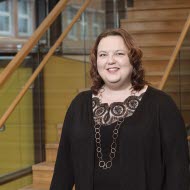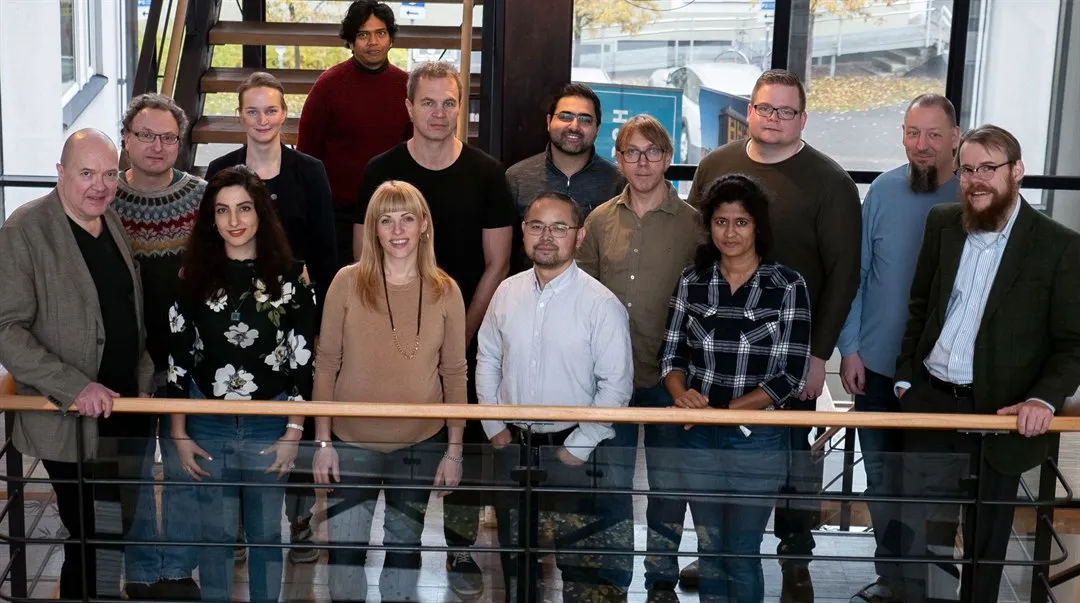About FSCN
FSCN Research Centre is an interdisciplinary research center at Mid Sweden University. Our research is developed in close collaboration with the Swedish forest industry and other actors in the materials, chemical, transport, and energy sectors.
Today, we have 8 professors, 15 PhD students, and a total of nearly 70 researchers working with us. The majority of our work takes place at Mid Sweden University's Sundsvall campus, and our research environment is state-of-the-art, with several well-equipped laboratories. One of these is an advanced materials and innovation lab called MILAB, where the industry can also utilize the equipment.
Our Research
We have divided our research into two thematic areas: Bio-based materials and Advanced Materials and Processes.
Bio-based materials
We actively work to support the development of materials and manufacturing processes based on wood raw material. For example, we improve the properties, functionality, and sustainability of paper and fiber materials, and develop cellulose-based materials with exciting new applications.
Advanced Materials and Processes
We also conduct research on how we can harvest and store energy. For instance, by coating paper with new functional surfaces, it can be used in entirely new areas, such as in batteries. This creates truly cost-effective and environmentally friendly energy solutions that could be highly beneficial in the future.
Goals and Vision
Our goal is to increase resource efficiency, reduce energy consumption, and minimize the environmental impact of industrial processes. Our research contributes to the development of circularity within industrial ecosystems.
FSCN’s History
The Mid Sweden University region is rich in forests, making it logical for the hub of forest industry research to be located here. Myat Htun, then an associate professor in paper technology from KTH, was tasked with starting a forest industry research operation at what was then called Mitthögskolan. The research center was founded in 1999 and named FSCN, Fibre Science and Communication Network. Over the years, communication research has been phased out, while research on energy storage has become a significant part of the center.
Contact



